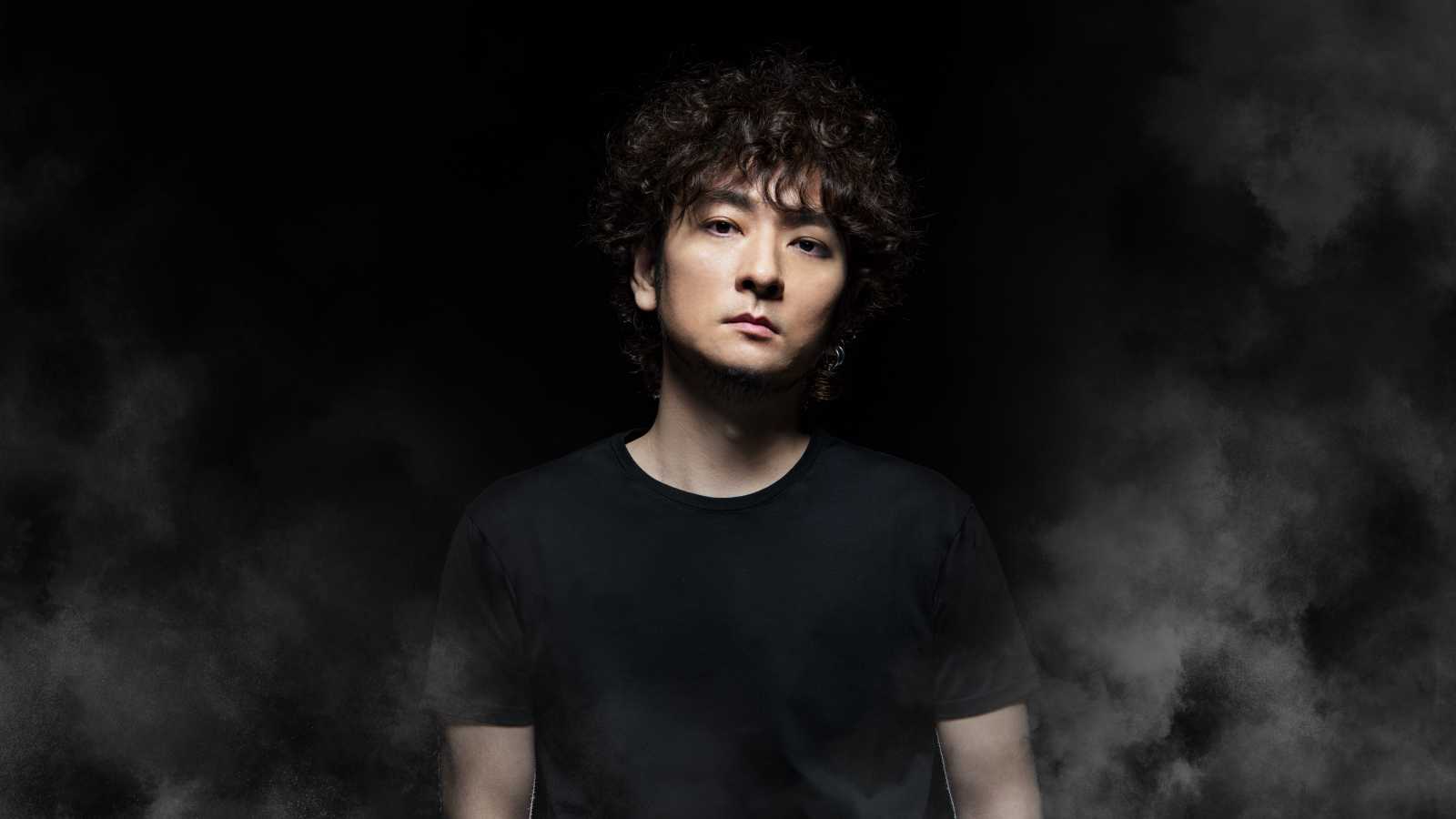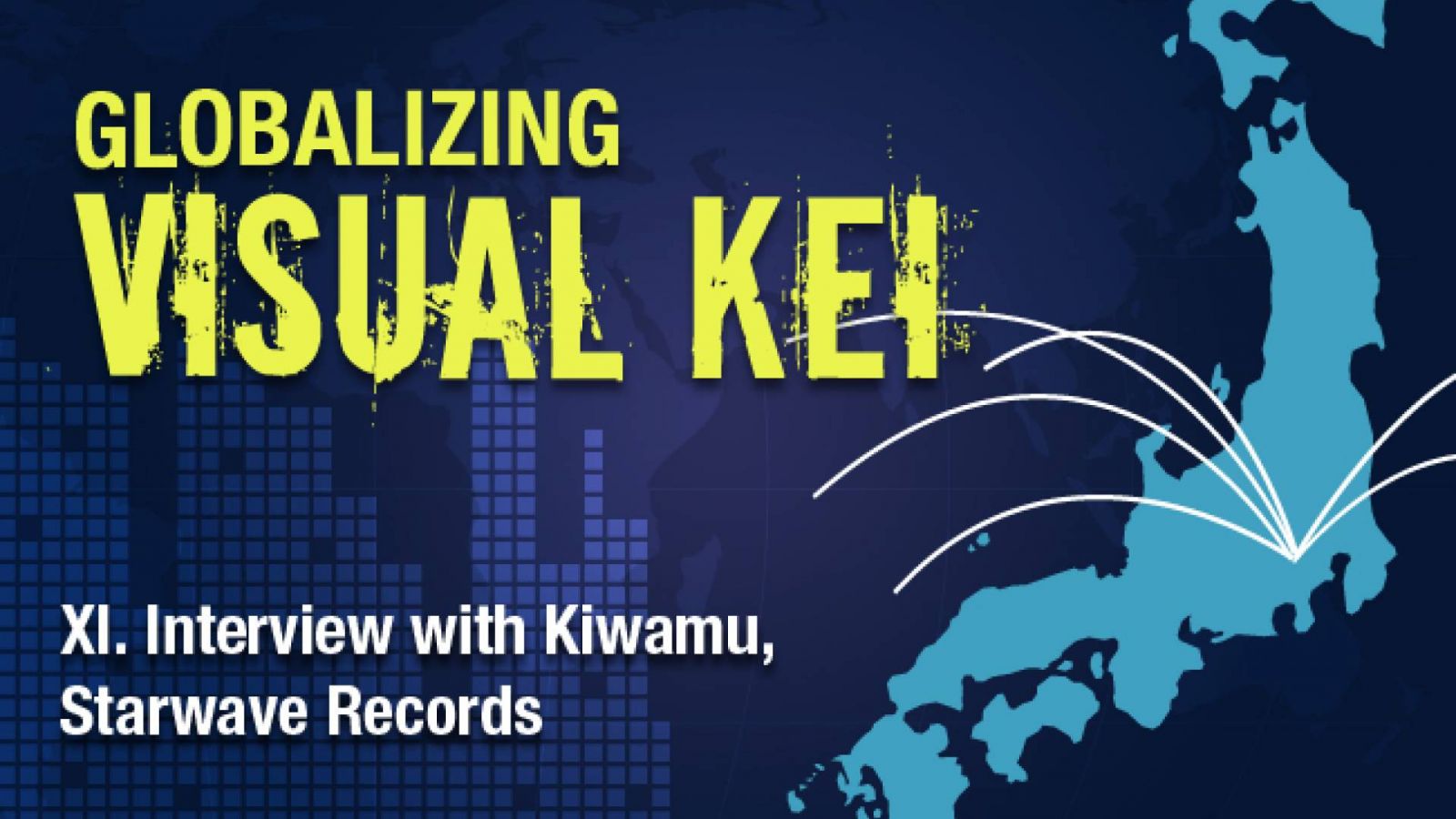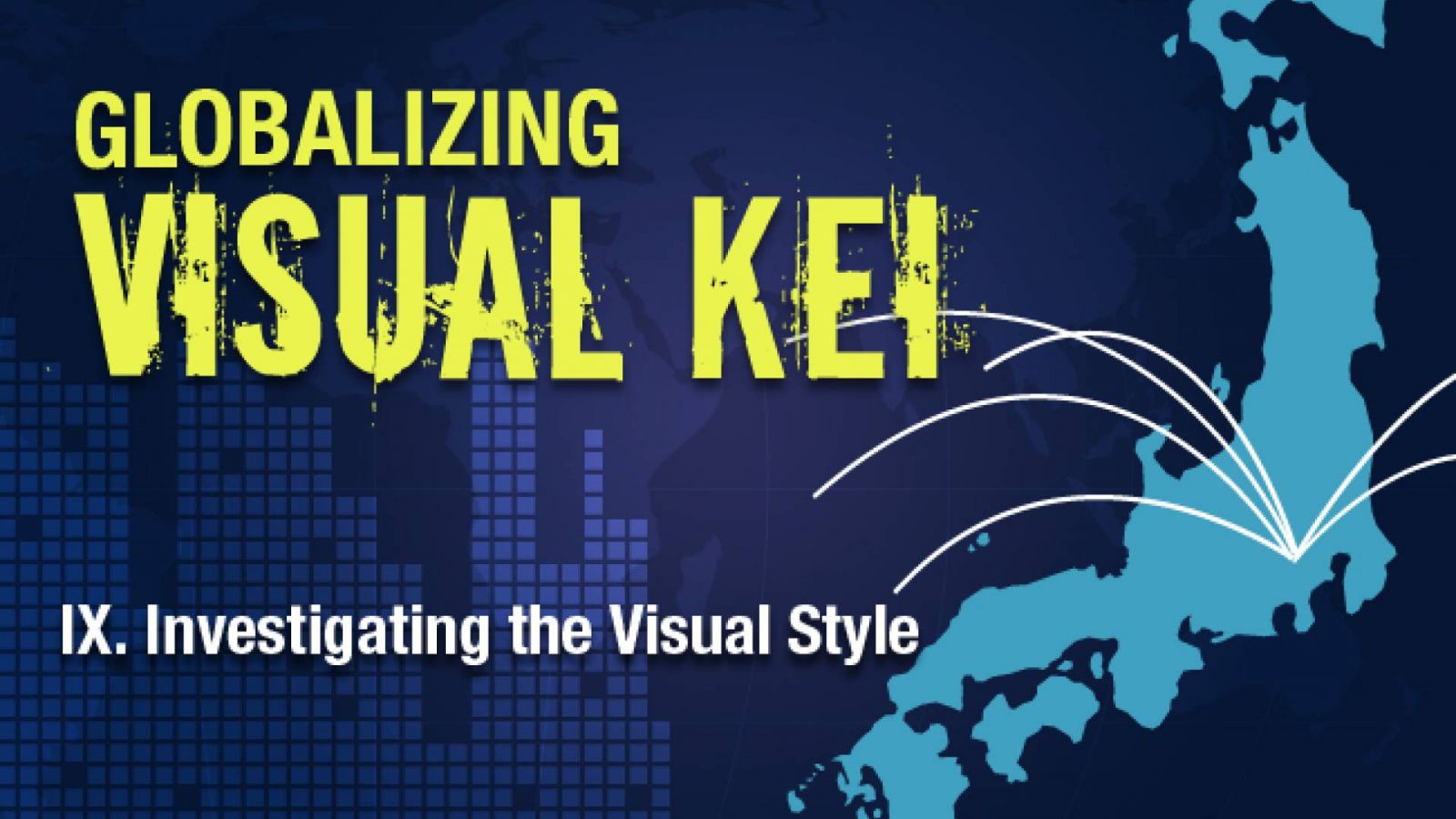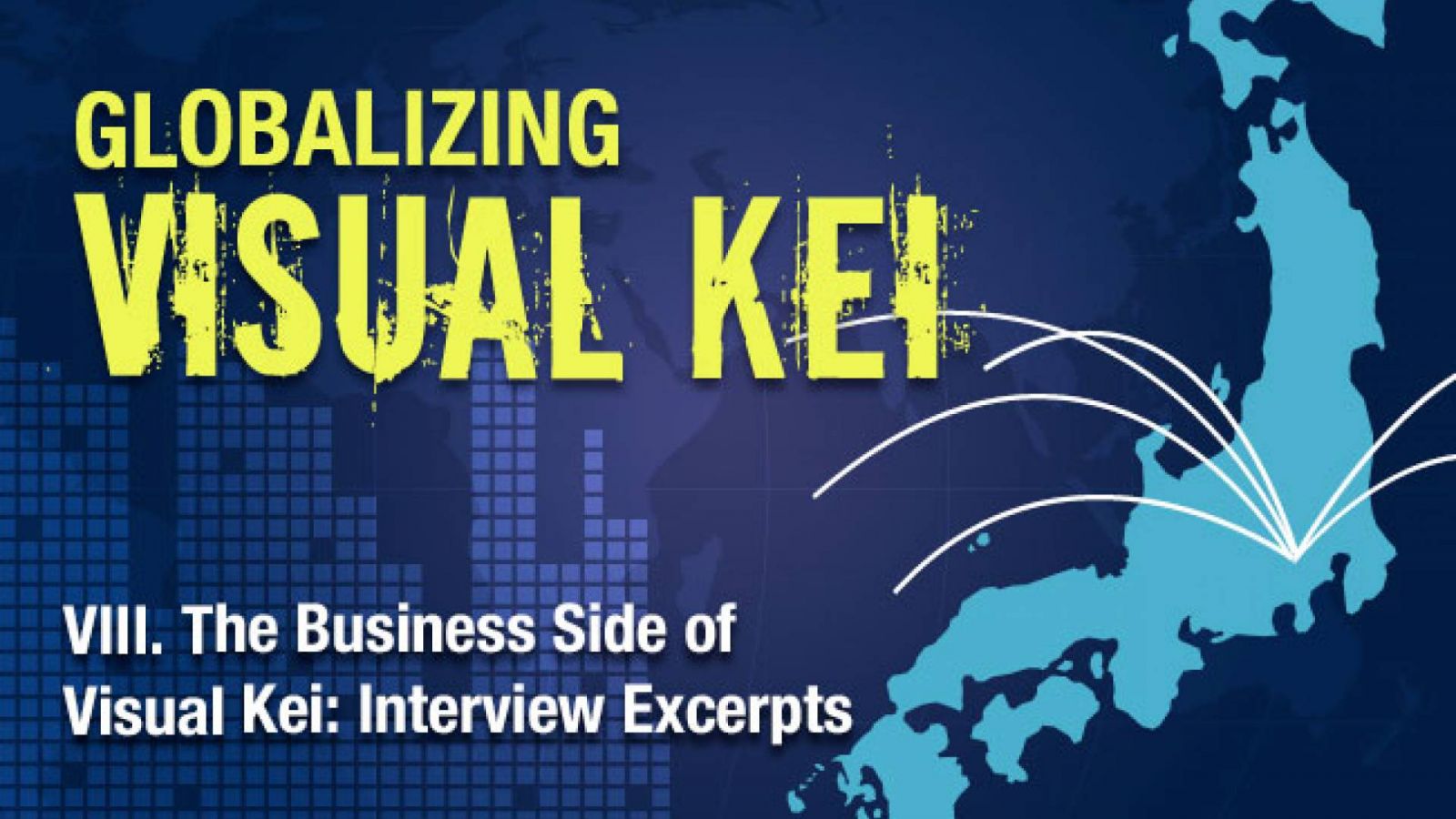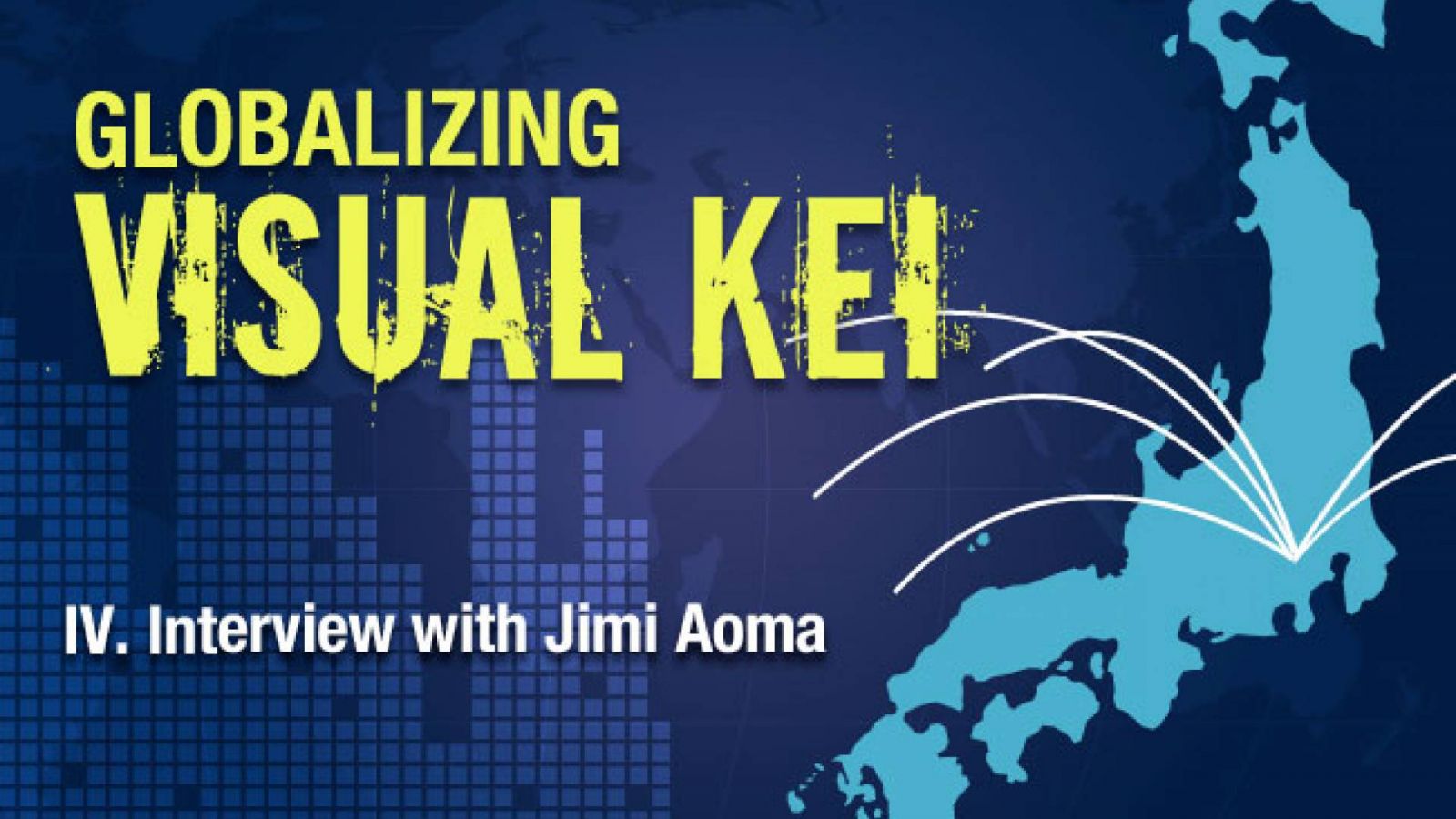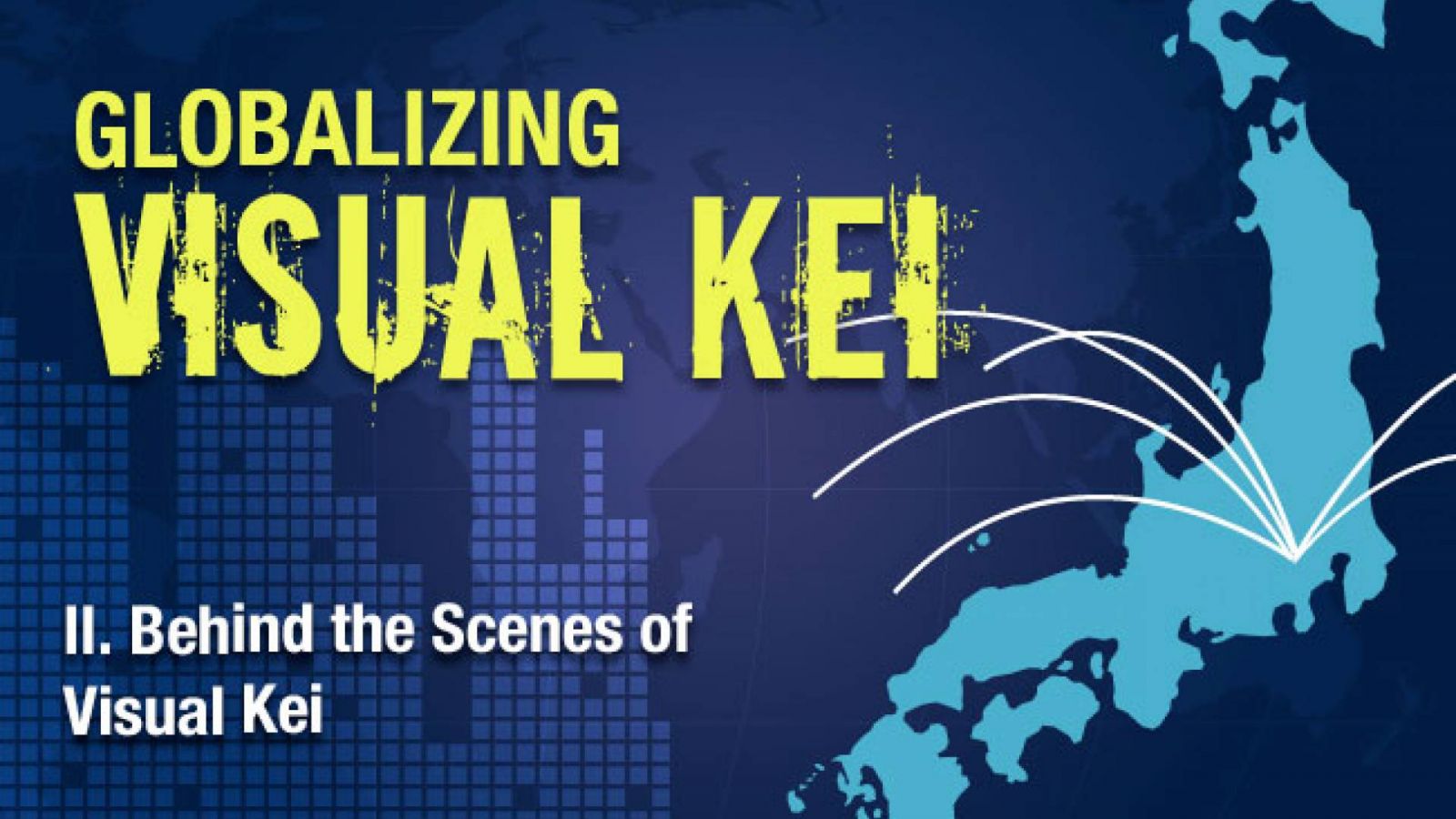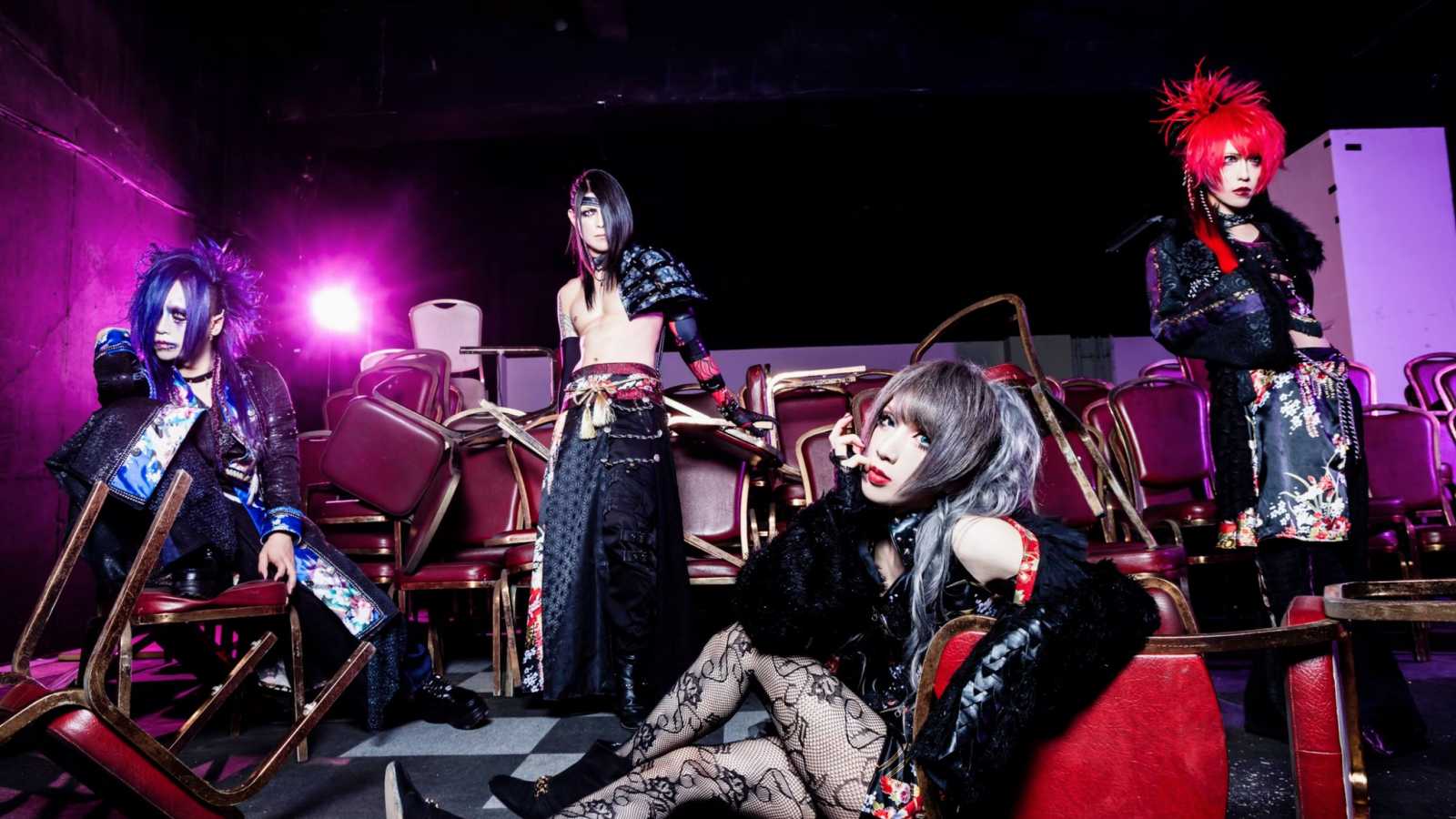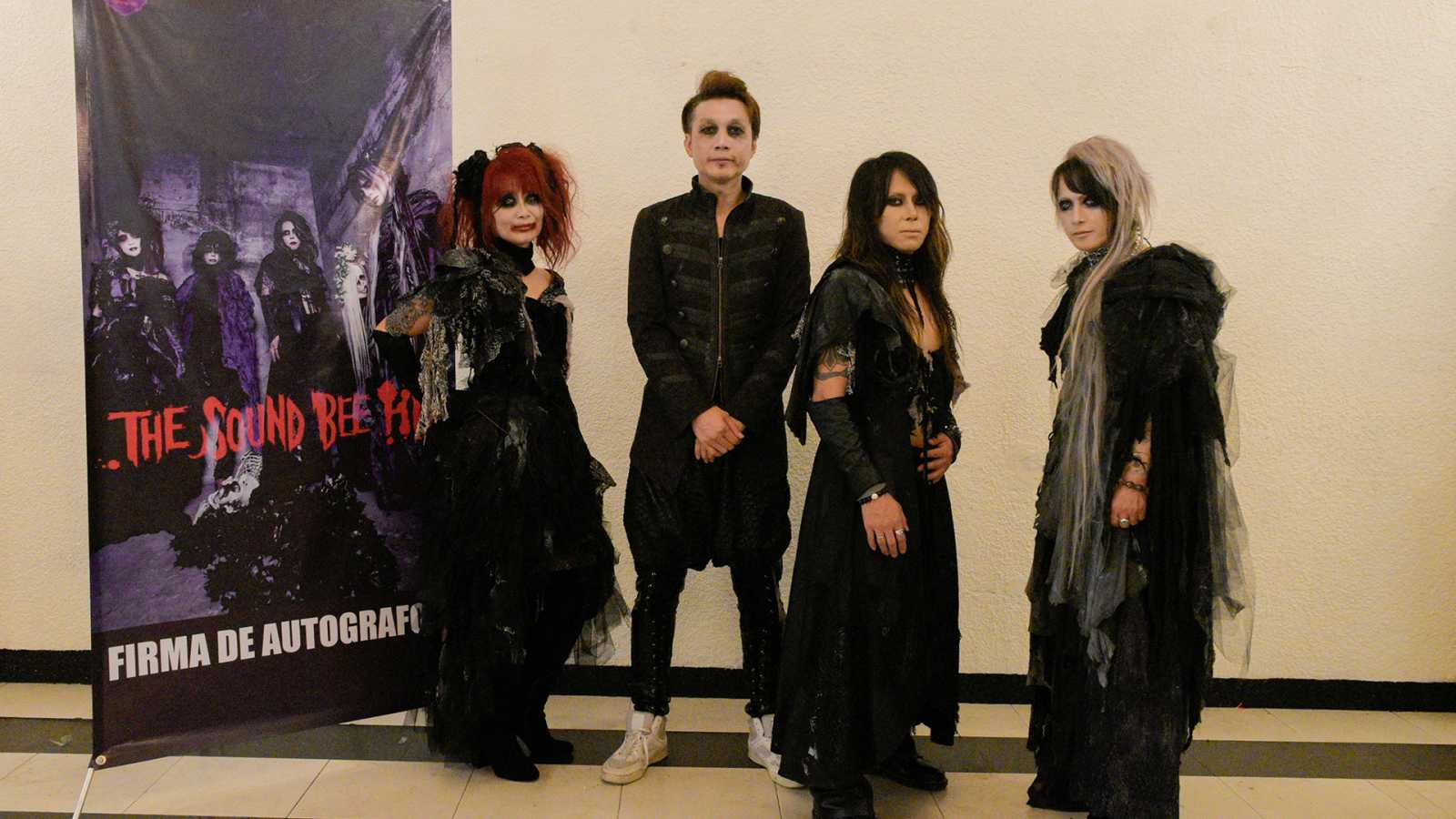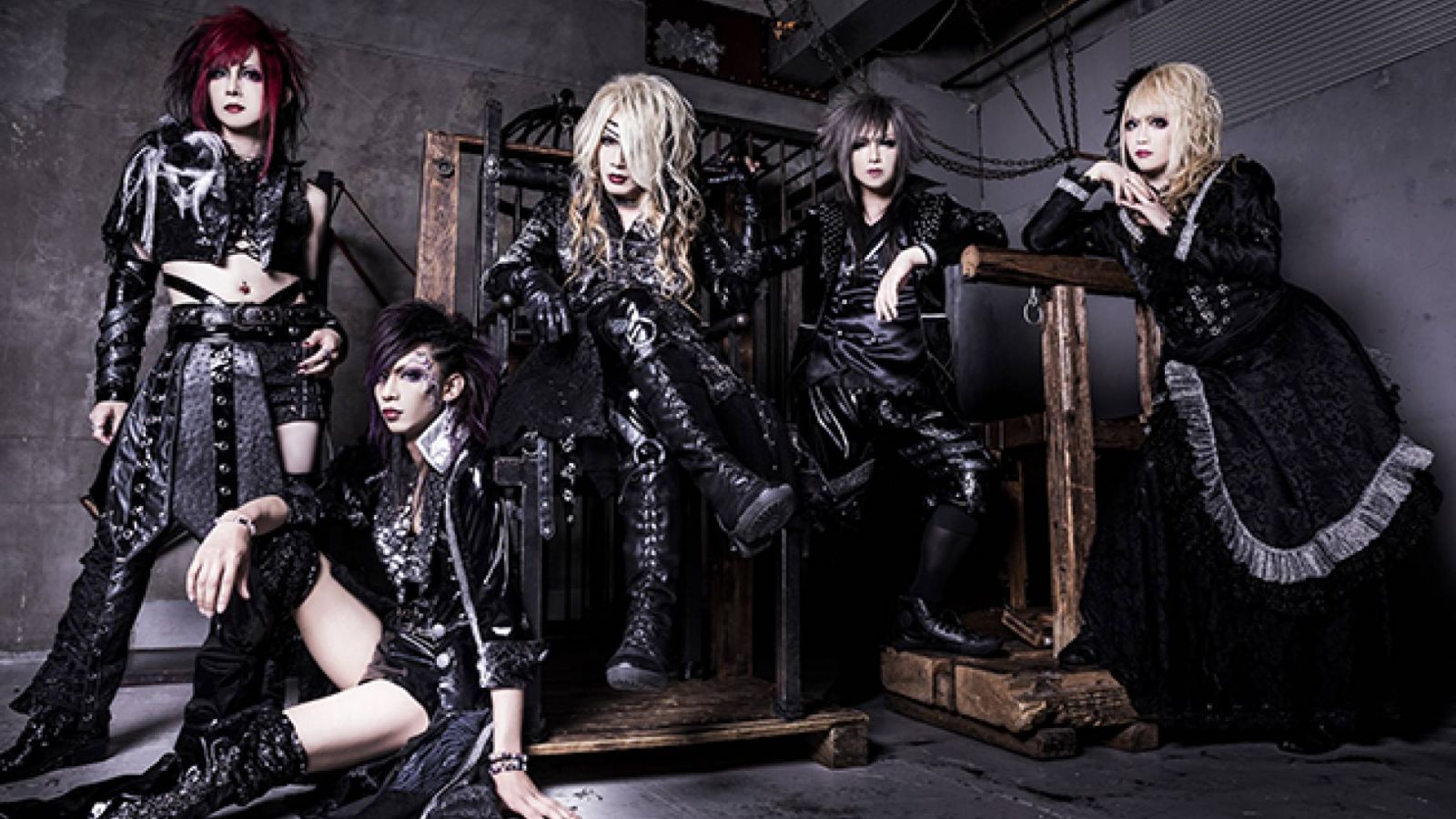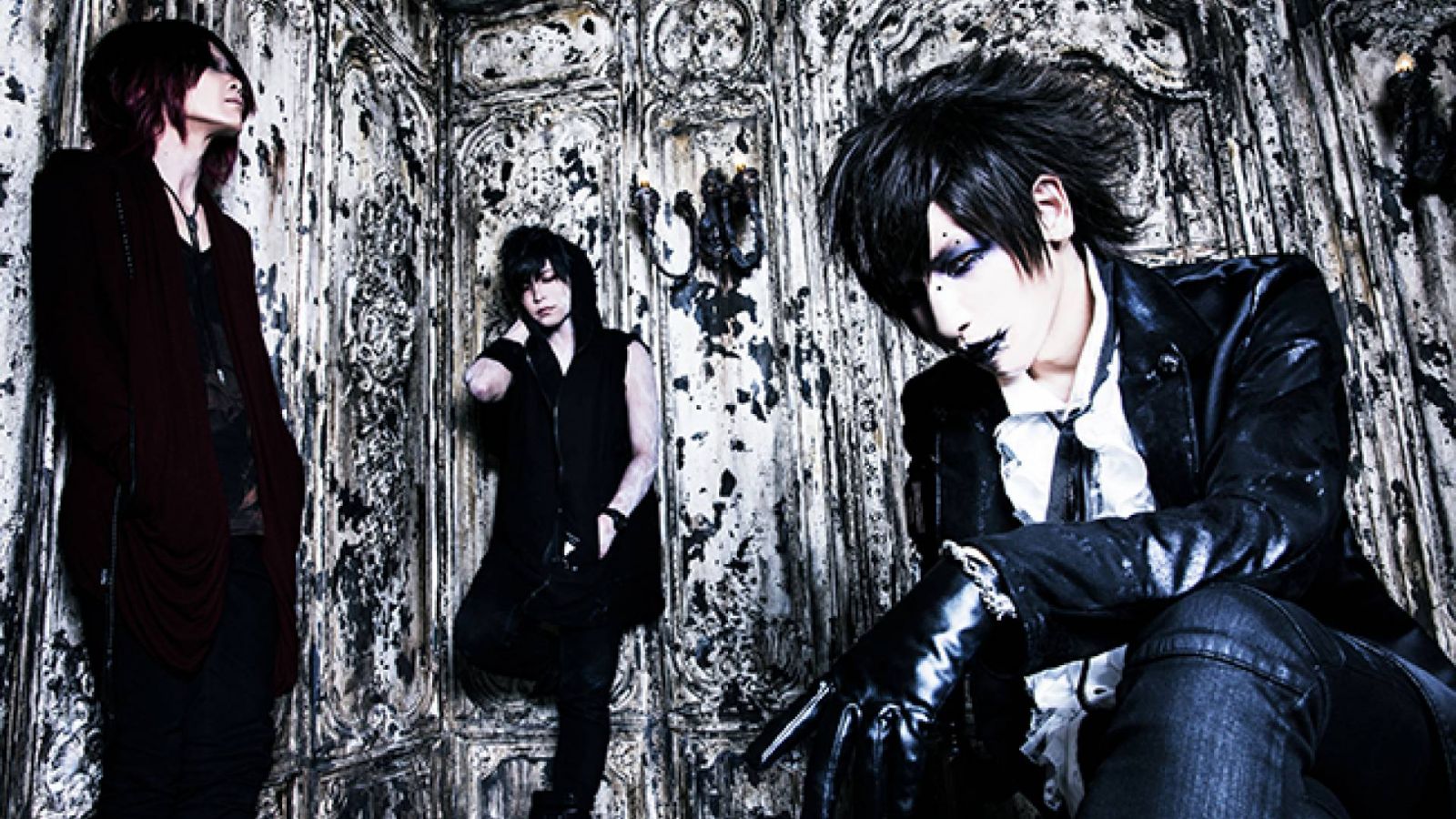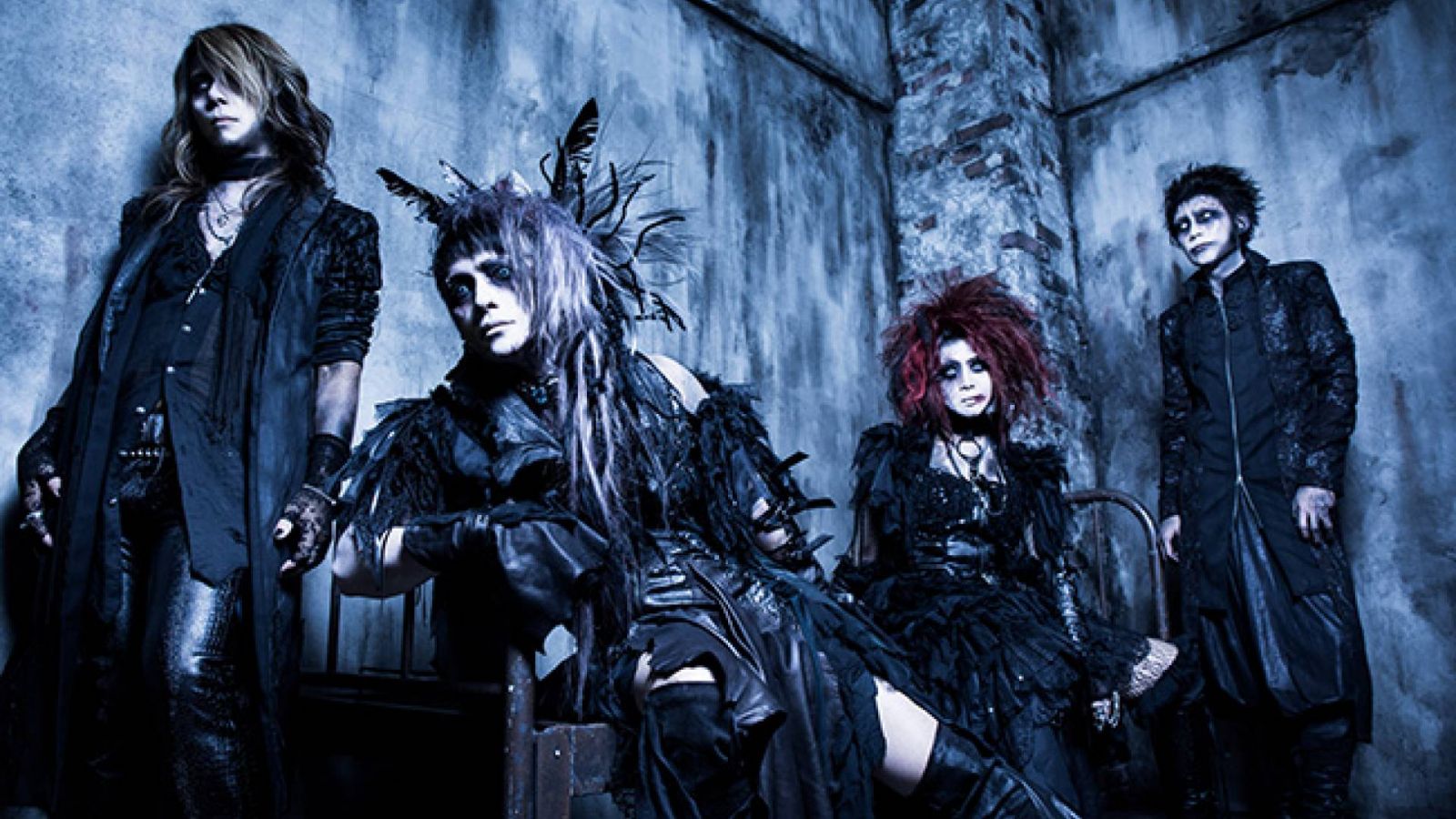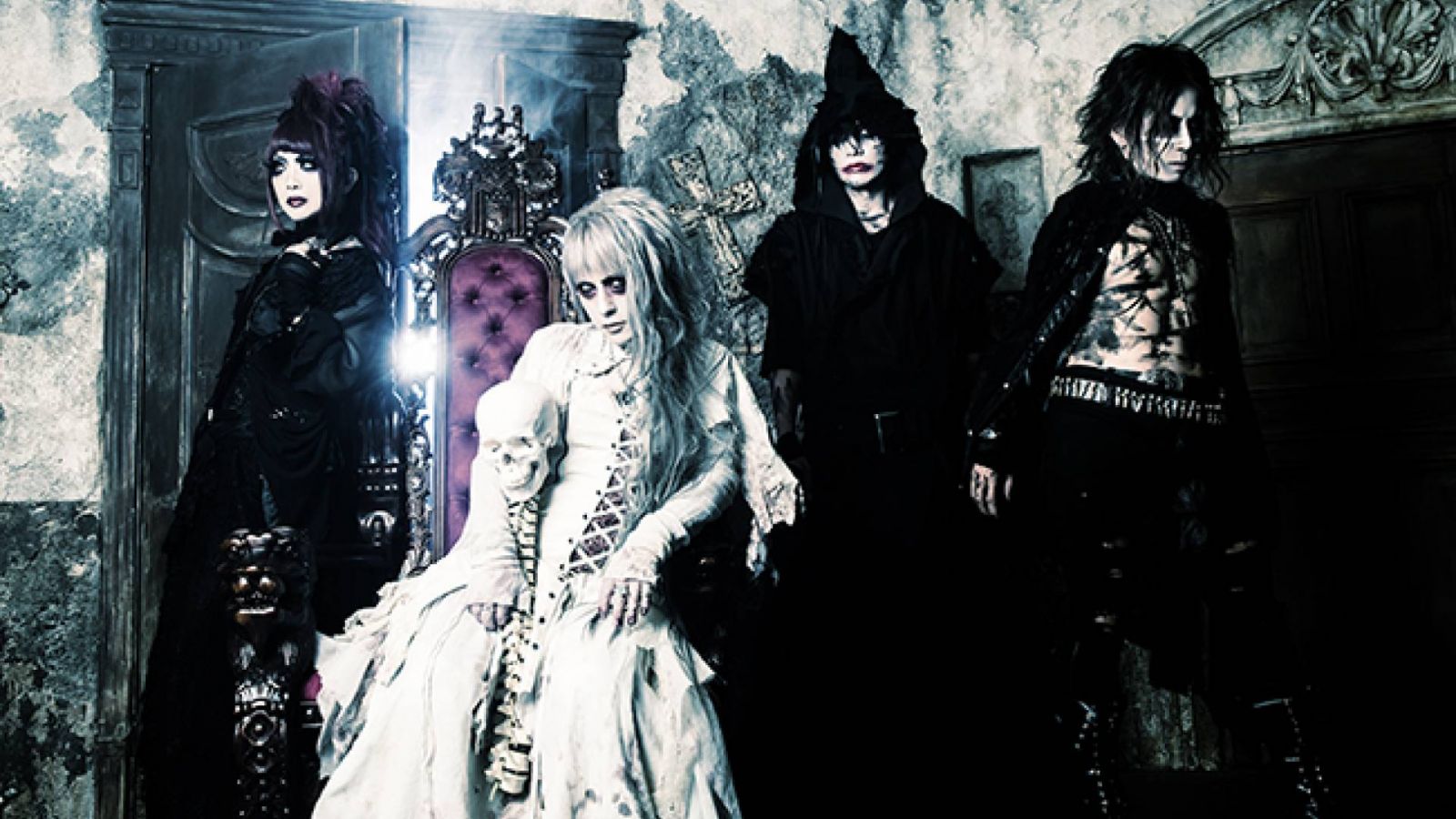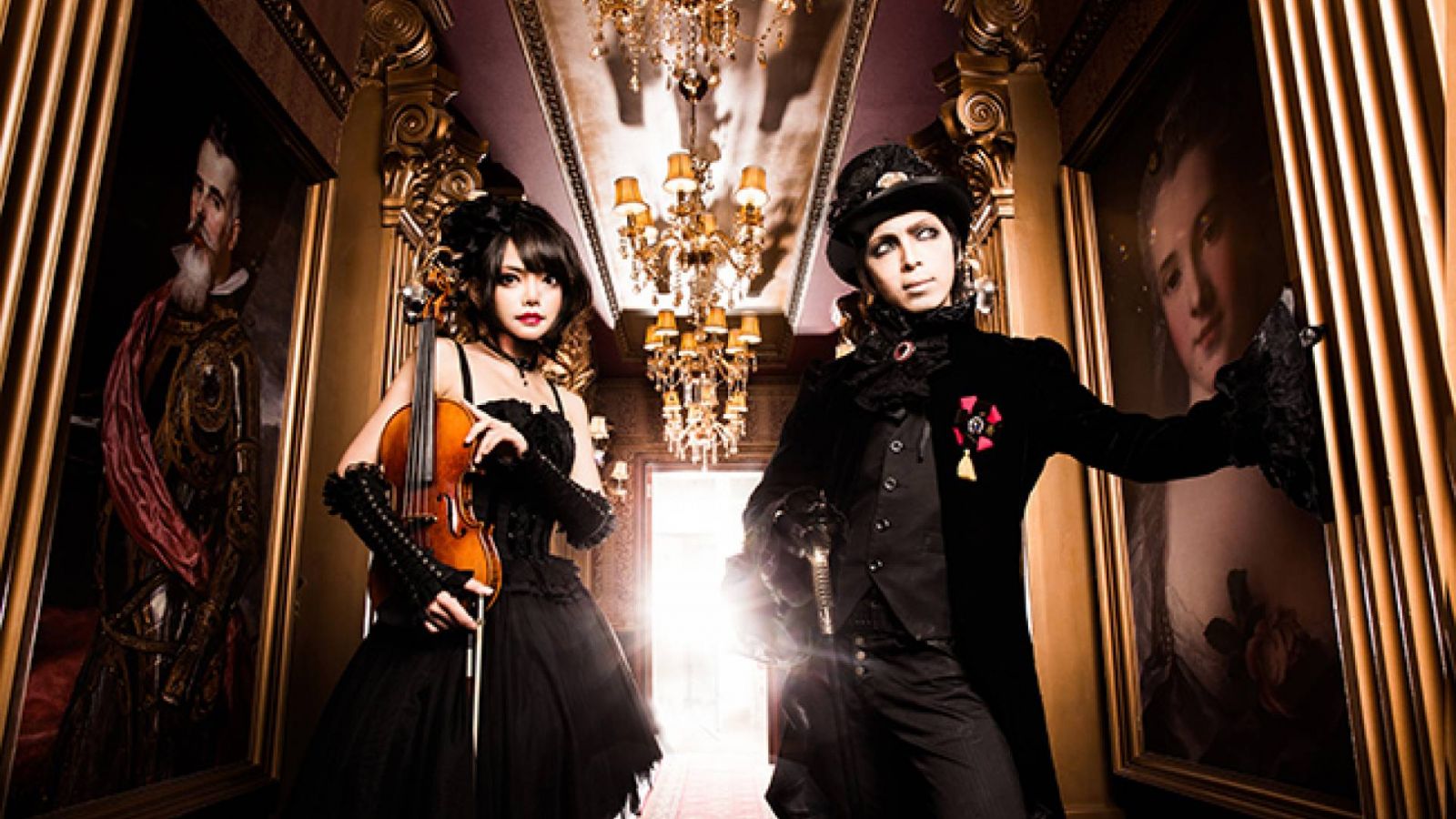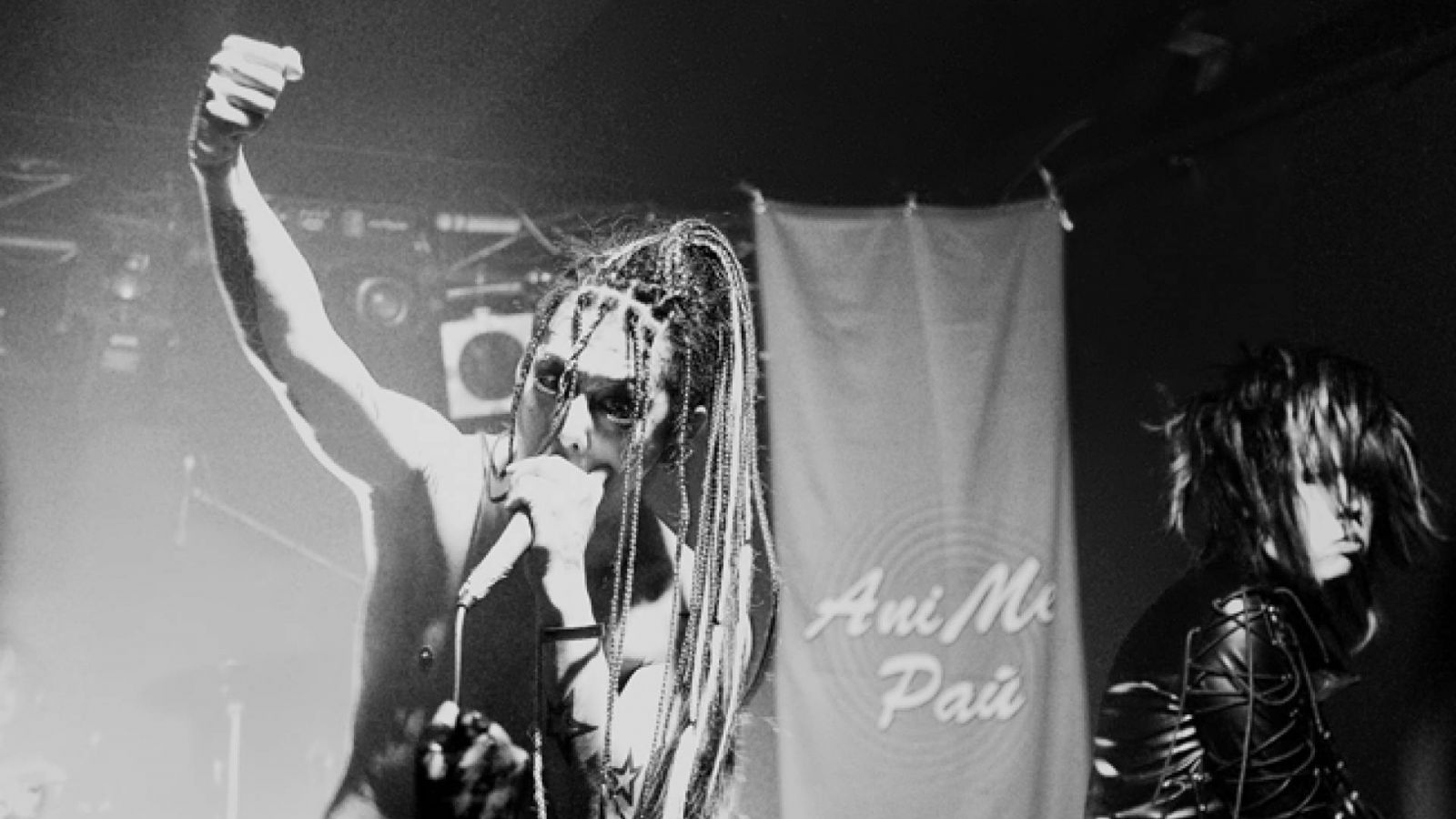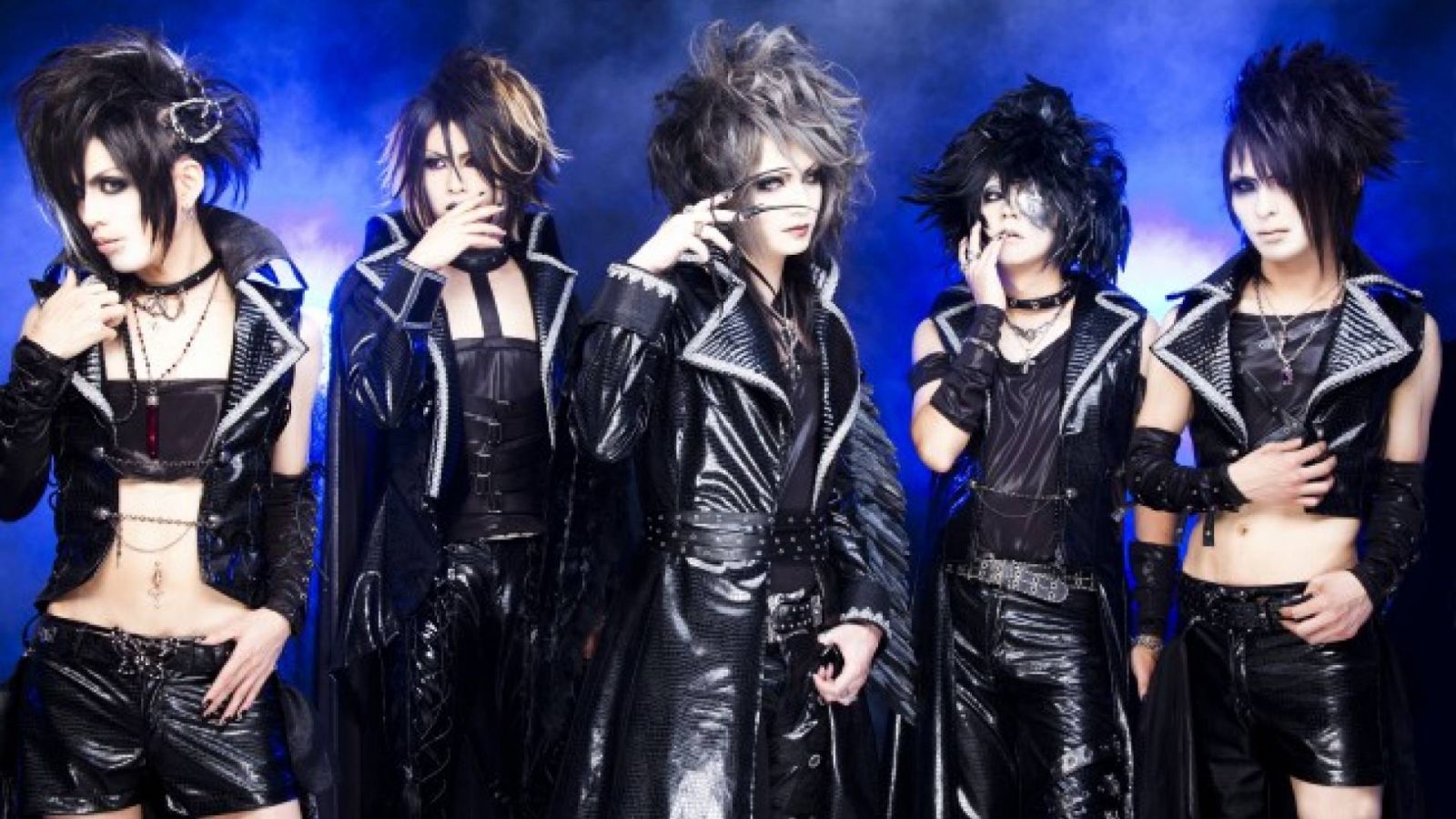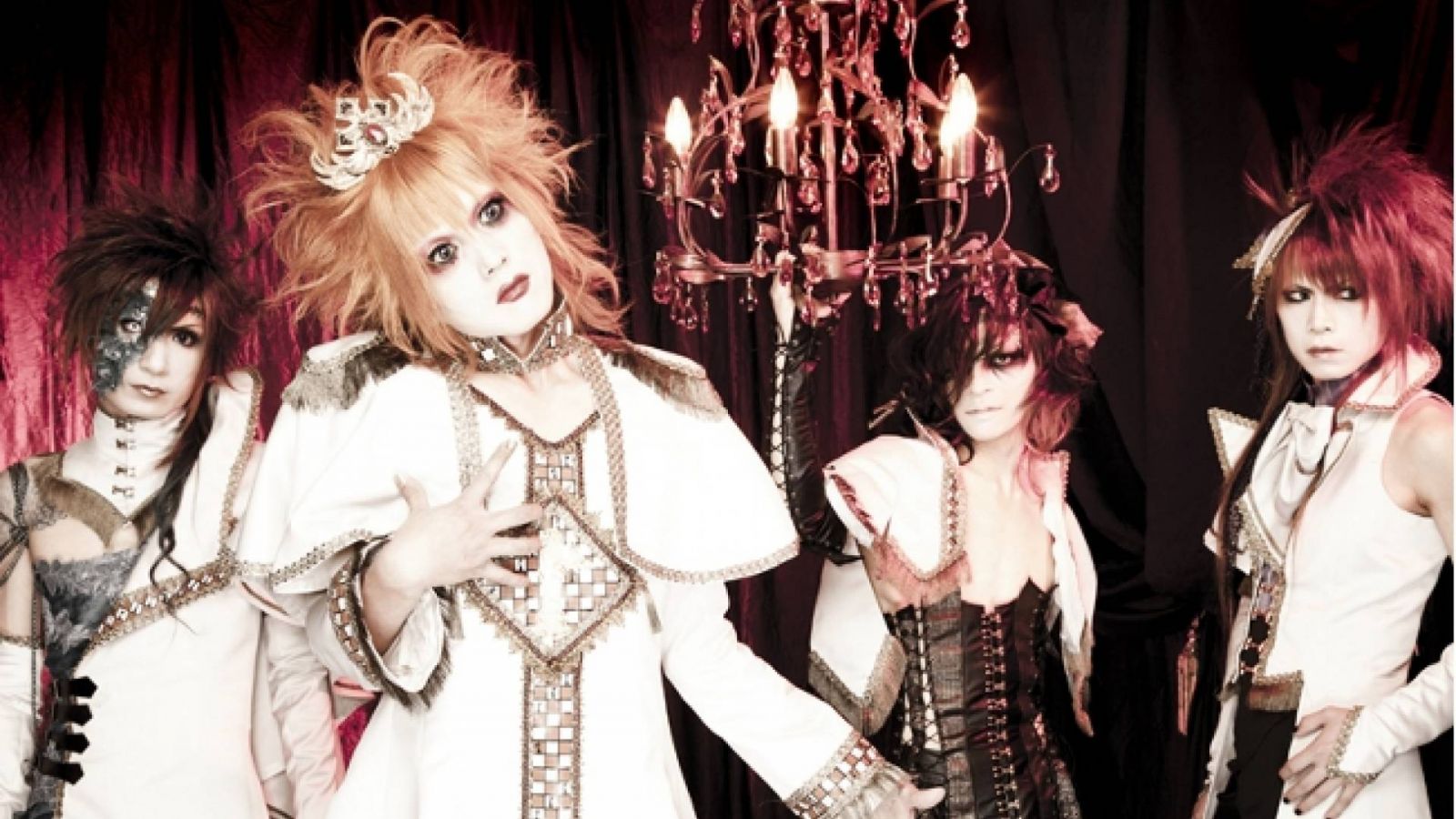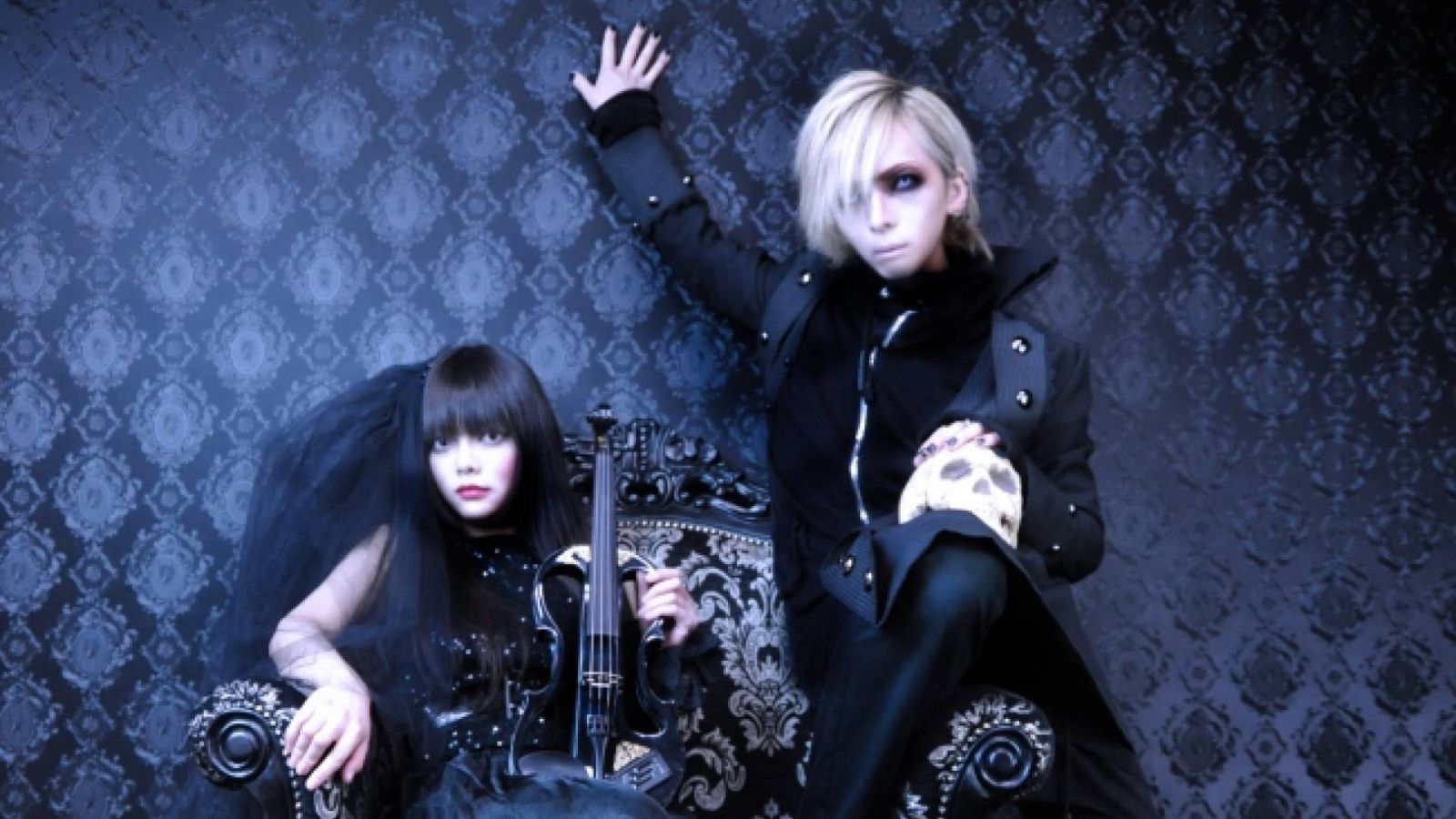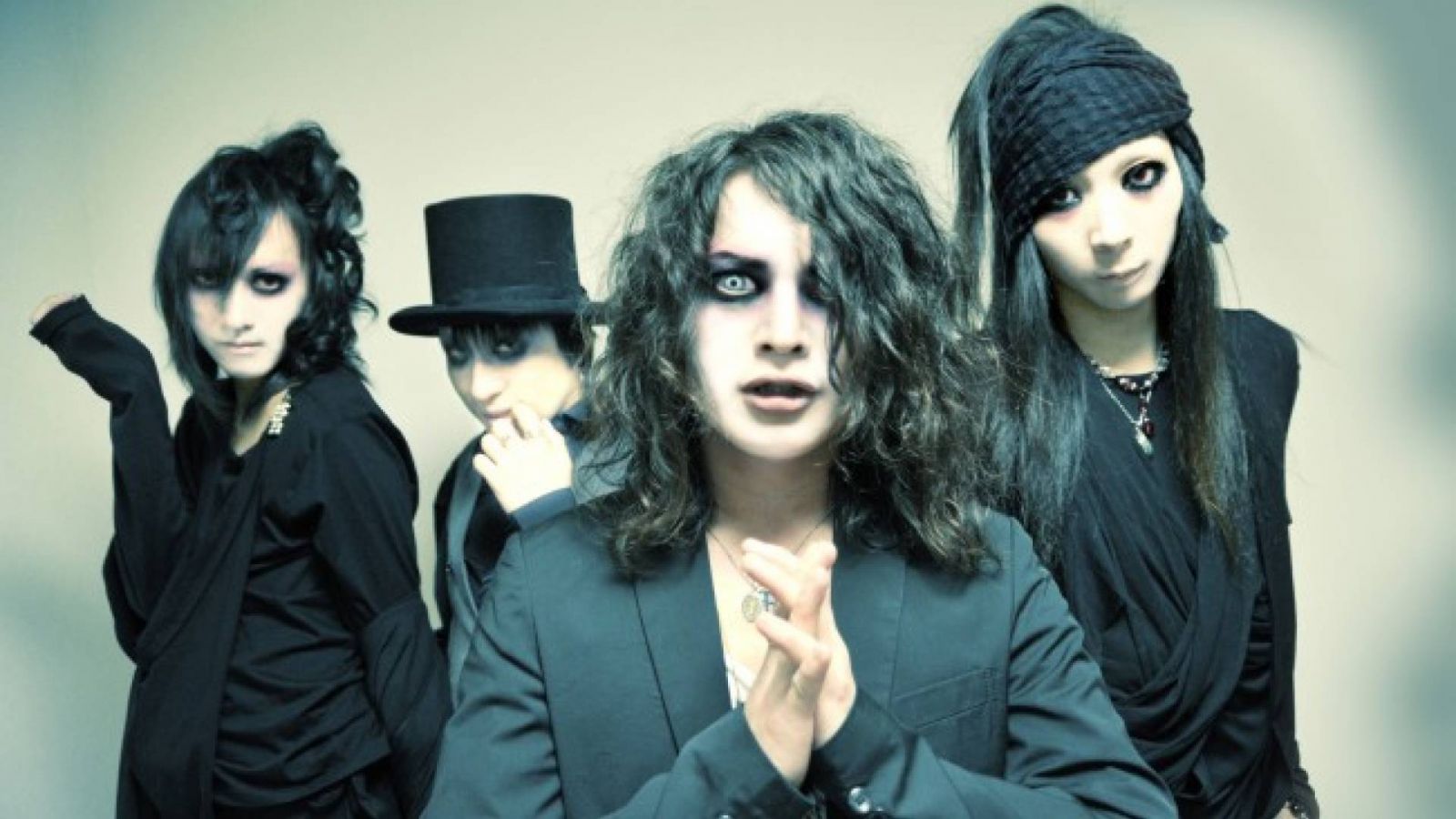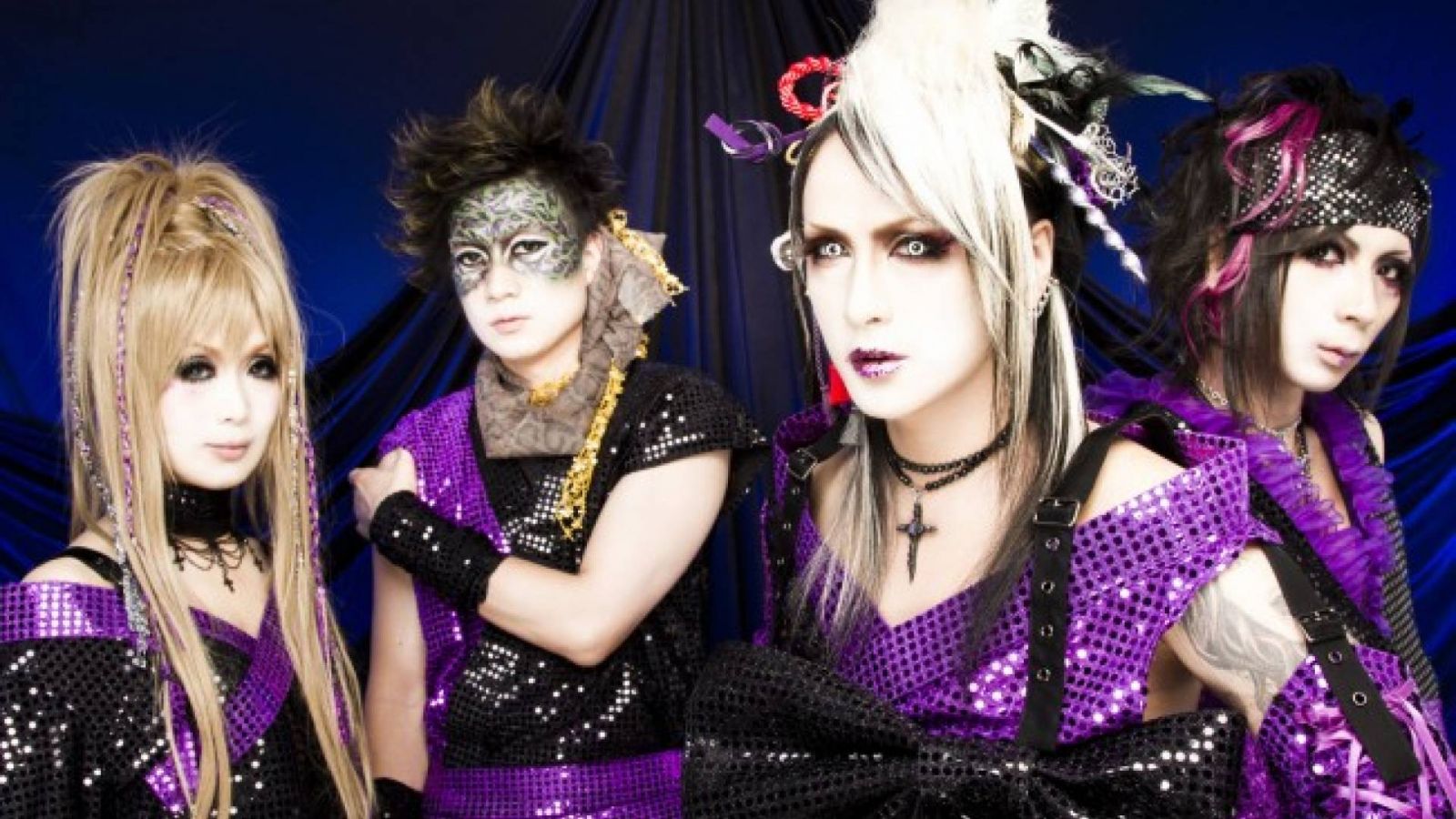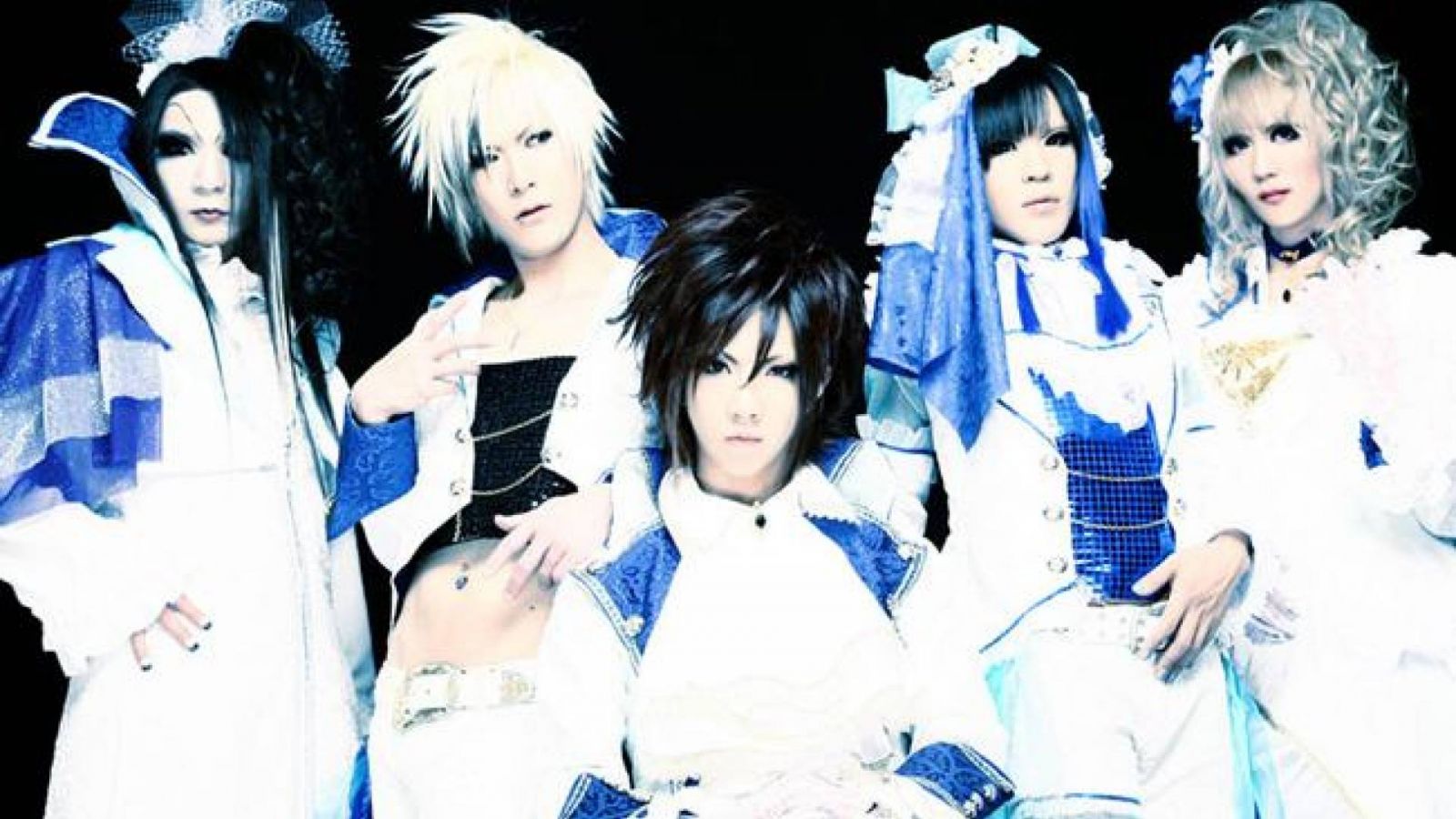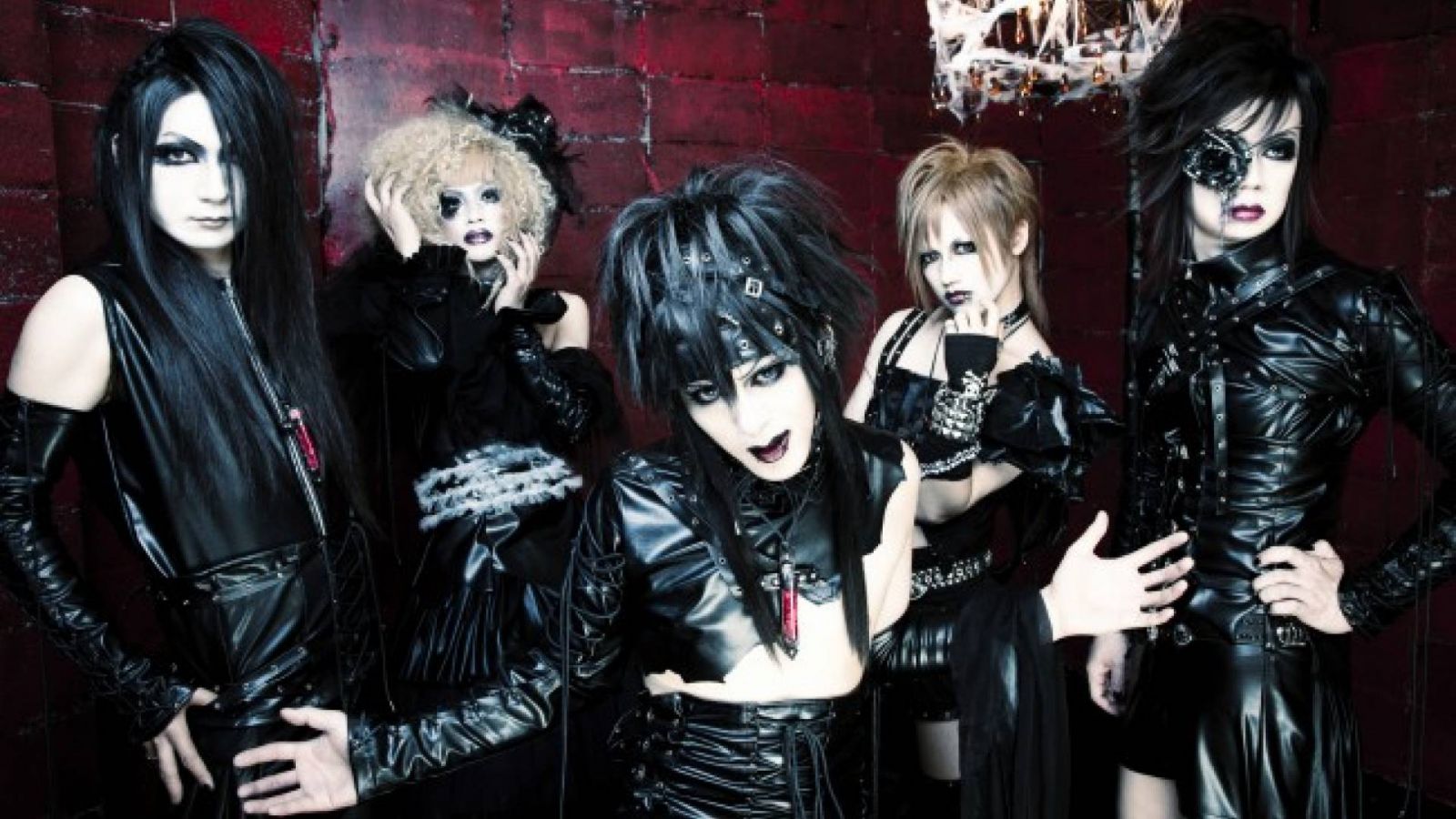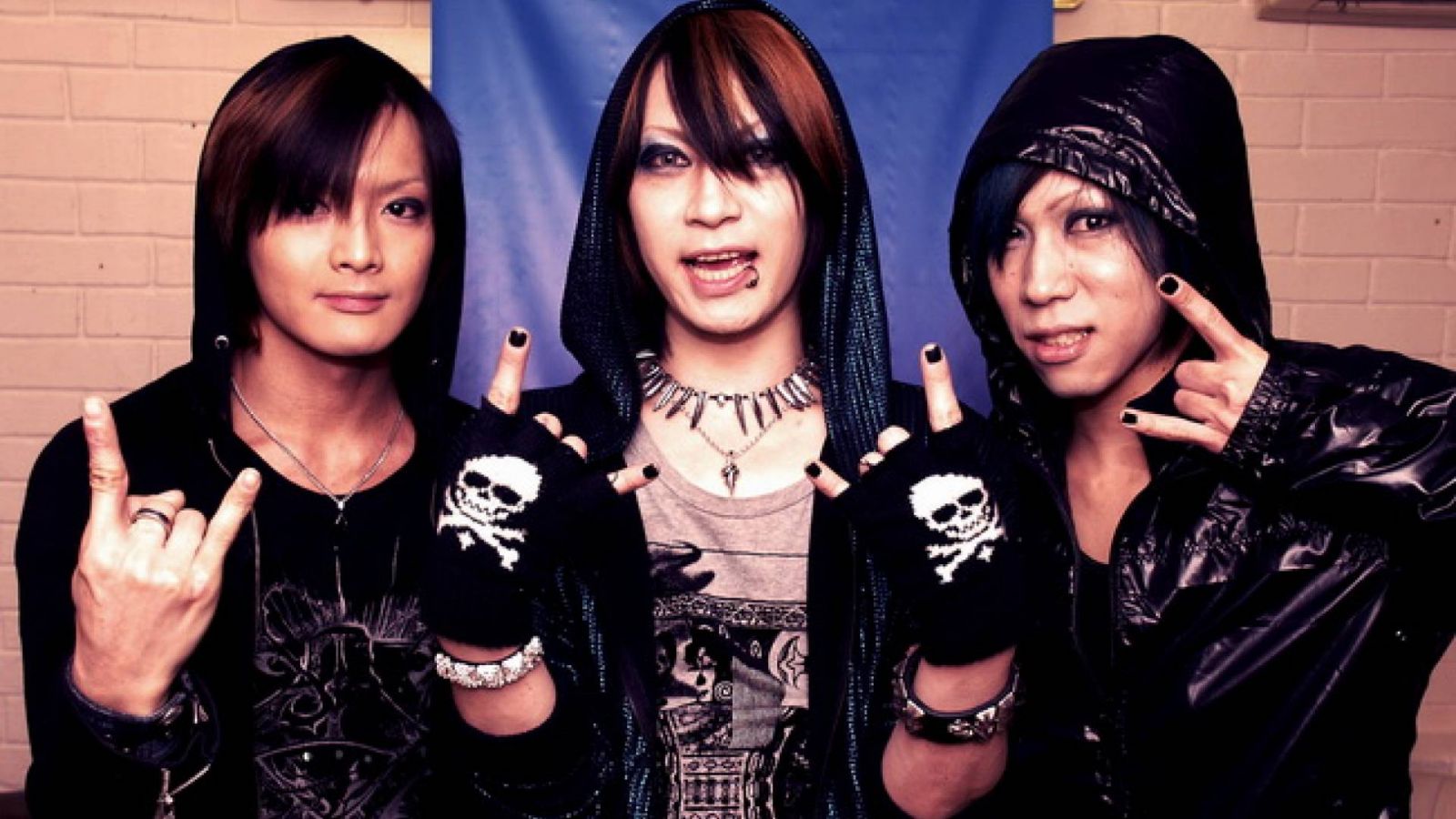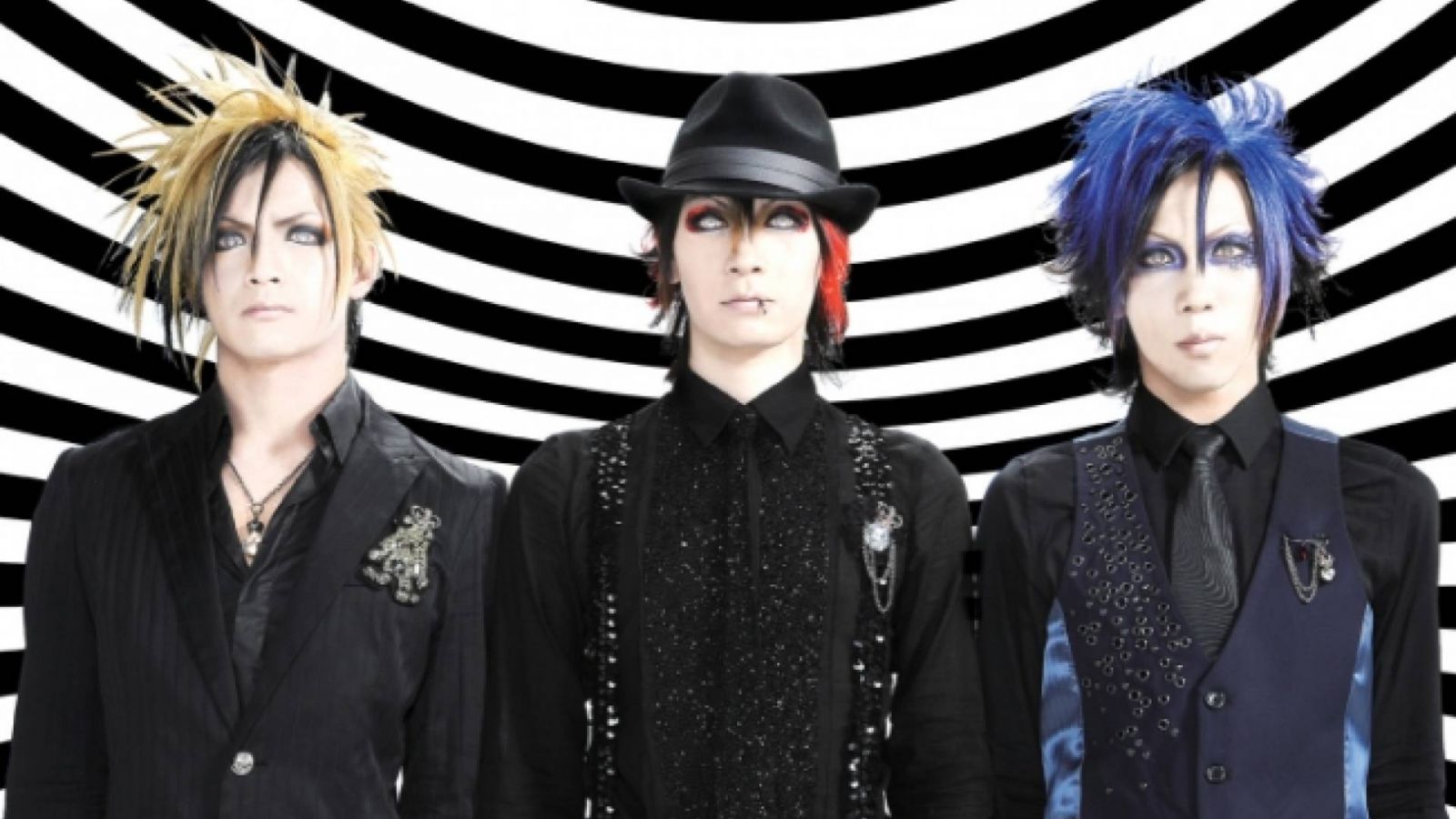In the eleventh instalment of the "Globalizing Visual Kei" web series, JaME interviewed Kiwamu, owner of Starwave Records and guitarist of BLOOD, to discuss his thoughts on the visual kei scene from its past to present day.
JaME interviewed Kiwamu, owner of Starwave Records and guitarist of BLOOD, to discuss his thoughts on the visual kei scene from its past to present day.
BLOOD was the pioneer for visual kei in Western countries, but over the years they did fewer tours. What changed in Europe and the USA to cause this?
Kiwamu: Thanks to BLOOD’s tours, many bands started to realise that doing foreign shows is not just a dream. From 1 to 100 there’s not a big distance, but from 0 to 1 there’s a very big distance. BLOOD's role was like Columbus in the visual kei scene. In the USA, Tainted Reality helped us, in Mexico, Fuukaze helped us, in Australia, BLOODPUPPIES helped us and in Europe, JaME helped us a lot. Thanks to all of this help, BLOOD was able to become Columbus. If everyone knew "the land America is there" then everyone would be able to find it, but not everyone knew that. BLOOD found many things in many countries and made these things possible. Now, my label can help many artists book live shows overseas and it is thanks to our many partners that this was made possible.
Do you think there is anything Western promoters and organizers can learn from Japanese record labels and organizers?
Kiwamu: I think working with Japanese people is very difficult, because the average Japanese person works quickly and is very serious. When I work with promoters, I find some of them extremely slow and lazy. If I get an important email about a tour, I reply that day. Yet sometimes I receive their reply one week later. This is very bad for a healthy working relationship. However, serious partners always reply to me very quickly. I think serious promoters will survive in the scene, and bands will decide to work with those serious promoters. If any promoters are reading this, please reply quickly! (laughs)
Do you think visual kei bands are easier or harder to manage than other kinds of bands? Why?
Kiwamu: In my experience with my label’s artists, opinions vary. Visual kei bands can sell their CDs and live tickets easily. But if they don’t use make-up, it’s very difficult for a small band to step up in the music scene. My opinion is that the visual kei scene is very busy and restless. For example, my label artist LIX. started their activities in 2010, and their leader Yuu was ex-SUICIDE ALI. He has a lot of previous experience with music activities, but the other members were new in the scene and they gave up the band activities because they found it too difficult. Visual kei bands need money, time, skill and passion. But for the new members, the situation was really hard. Yuu's way was normal in the visual kei scene, but the other three members didn't understand that so they left the band after only six months! Those three members said that it was because of "musical differences and different values” but in fact they just didn't have the guts. (laughs) LIX. was one of the first artists on Starwave Records so I was disappointed. I’m okay about it now though, because Yuu restarted LIX. under the name lix. Something similar happened to another artist, Luzmelt. In half a year they changed three members for similar reasons. So as you can see, working in the visual kei scene is difficult. There are good points and difficult points.
As a label owner for visual kei bands, do you ever have problems when working with other labels or people in the music scene?
Kiwamu: Starwave Records is a new label in the visual kei scene. I started this label last year for Luzmelt and LIX. In one year, my label became home to ten artists. It grew very quickly because I sincerely worked hard. In the same period, another label started their management work, but their way of working was by being a money fiend. They used their label artists like slaves and then discarded other artists. That label even asked me many times to join their events, but it never happened; the label held lots of events just to make easy money by using cheap clubs, having short sets, expensive tickets and big quotas for tickets. They asked for help but never helped anyone else. In my working style, this isn't fair; helping each other is the most important thing. So in one year, that label lost all of its artists and my label got ten artists!
When visual kei bands join major labels, many of them stop wearing costumes and make-up. Why do you think this is?
Kiwamu: In Japan, many normal music fans don't like visual kei. For normal people, the make-up is too strong and the costumes are strange. So, to get normal people’s attention, the bands change their ways. This started many years ago and it’s still the same. Many visual kei bands wanted to go major, so they changed their visuals, costumes and music style. However, if they do this visual kei fans will leave the band’s fandom and sometimes the bands can't get new fans in the major scene as a result.
When a visual kei band joins a major label, who decides to stop using the visual kei look? The band or the label?
Kiwamu: Some years ago it was the label. But now it may be both. For visual kei band members, there is this idea that if the band goes major the make-up will need to be subtle. However, if the band likes their style they should keep it. My label artist THE SOUND BEE HD’s vocalist is an ex-major artist. His old band was media youth and, when he started his band, he was influenced by bands who wore make-up. Over the course of his activities he changed his style to a more natural one. Recently though, he returned to his original style and started using make-up and wearing costumes again. He really enjoys that and his fans enjoy it too. If they like it, they should keep it that way.
For a visual kei band, advertising, producing merchandise and booking live shows is surely very expensive. Is making money difficult for visual kei bands, or is it normal for them to make money?
Kiwamu: Many visual kei band members work hard in their normal jobs (part time jobs). Most bands don't get a lot of money from their music activities, so they need to have a part time job too. They earn money from their normal job and then use that money for their band. However, there are many band members who are terrible people; they don't work in normal jobs and they cheat the female fans to get money from them, or they always ask for money from their family. This is a shit way to get money. If the band doesn’t use the money that they earned for their music activities, the music activities will not be their own flesh and blood. If the band uses another person’s money for their activities, they won’t work hard. In my band BLOOD, we sold 23,000 CDs in one tour but I used all of the money for promotion. I paid all of the money out myself; if I had received money from others for CDs, advertisement, touring, etc., I wouldn’t have the skills I obtained over those eight years. It was thanks to this that I could make my labels Starwave Records and Darkest Labyrinth.
How do you decide where a band will perform?
Kiwamu: Seven to eight years ago, visual kei bands didn't go to other countries. Some big bands got offers from different countries for live shows, but the big bands were always prudent and thought carefully before deciding. BLOOD simply went to lots of countries when we got the offers. It was good footwork. Whenever we got an offer, we always tried to go there.
Why do you think musicians decide to be in a visual kei band and not a regular rock band?
Kiwamu: There are different reasons. One: the member was influenced by bands wearing make-up when they were young. Two: they want to express themselves to the world through their costume, make-up and music. Three: they want to get girls. The third one's a terrible reason. However, this kind of person does exist in the music scene. If they have talent, they sometimes make girls their priority. But if they’re a real artist they should focus on their music activities.
If a band begins as a visual kei band but quits all band activities, do you think the fans will have negative reactions?
Kiwamu: Fans always have two opinions. First, they never want change, meaning they don’t want the band to change their style, music or members. If the band changes too much, the fans will be disappointed. However, if the band keeps doing the same thing fans will soon get bored. It’s very difficult. The band can't change too much, but they do need to change.
Although there have been many events overseas recently, do you think the attendance is lower than it was in the past? How about when an artist returns to the same place again, or has more than one show in the same city?
Kiwamu: It’s not lower, it’s just normal. At one time everything was new for fans so they were tooooo excited. But everything soon became “normal” rather than new. Some bands went to the same city many times; I know some major bands that went to the same city four times in one year. By the fourth show, there were very few attendees. If the band is clever they will wait to return to the same city. Of course fans will always say "please come here again soon!" but if the band returns the fans will feel bored. It’s difficult.
What do you think is the average Japanese person's opinion of visual kei?
Kiwamu: Ten years ago there was a very big movement in the Japanese music scene for visual kei. But after that, the movement was gone quickly. Now, for normal music fans, visual kei isn't considered major. But because of the visual kei mainstream movement, the word "visual kei" is a popular term.
Why do you think visual kei's popularity stopped growing in Japan?
Kiwamu: Visual kei isn't a major style, it’s an underground style in fact, so the big movement situation was rare. Many visual kei bands went major, but they can't get new fans in the major scene. X JAPAN and LUNA SEA were special in the visual kei scene. So the existing visual kei scene became the normal situation.
Many people who are not part of the visual kei scene have negative opinions about visual kei. Why do you think this is?
Kiwamu: I think it's because of quality. There were some strange bands amongst the famous visual kei bands. Studio musicians played their songs for recording instead of the band members playing the parts by themselves. These kind of artists can't make their own songs so they have to have another professional song writer make them. Their live shows are just the visual image. Because of this kind of situation, many people think “visual kei is bad quality music.” With normal music fans, these bad parts were conspicuous. Of course there are a lot of really good bands who play and write their own songs. But because of the poor quality bands, the visual kei image has become bad.
Do you think many fans like a band because of the members' sex appeal? Why?
Kiwamu: Yes, because of pseudo-love. Young girls like visual kei band members, especially in the small indies band scene. The fangirls sometimes mistake the visual kei band members for their virtual boyfriend. Because of this, small visual kei bands can easily get fans by using "sex appeal costumes". But I say just because you have a beautiful face, it does not mean you’re a good person. If you like visual kei, please listen to the music too. I hope most people like the total image of visual kei artists.
Many Western fans are very surprised when they meet a Japanese person who does not know visual kei. How common is visual kei in Japan?
Kiwamu: Originally, visual kei was a minority scene so normal music fans in Japan didn't listen to it. In the visual kei scene, some big record labels use a technique where they release many different types of the same CD. In the music ranking, the system counts all types of the same title as the same single or same album. If the band has 1,000 fans and they release four types of the same single, the CD sales become 4,000 copies. Because of this, visual kei enters the weekly music ranking. This only works for visual kei fans though. If you see big artists in the weekly ranking, their fan base doesn't increase as a result.
Why do you think visual kei bands are so popular to Western fans?
Kiwamu: I think it was fresh to Western fans. In 2003, my band BLOOD started to go to many different countries for live shows. Japanese bands and Japanese music was very fresh for everyone. Japanese people listen to Japanese music in Japan, so Western music is fresh for Japanese people. It works the same way. Recently, many bands have started to go to other countries. Western fans started to notice "wheat and tares"*. In most music genres, there are great bands and bands that aren’t so great. (laughs) It’s the same in the Western music scene, right?
*(separate the good from the bad.)
What do you think about visual kei’s growing popularity overseas?
Kiwamu: Around 2006 to 2007, the growing popularity peaked, but now it’s become more composed. The visual kei scene will not become extinct. If it gets smaller, it just means that's the "usual size of scene.” I predicted this would happen, so I wasn’t surprised when Western fans didn't buy CDs and merchandise like five years ago. Maybe the visual kei scene will be small, but it will continue. In Japan, it has been the same since 2000. So I want to say this to all promoters: “The popularity peak is gone, now it’s the normal situation.”
Why do you think it has lost popularity?
Kiwamu: I went to many countries to hold live shows. I had 150 live shows in 20 countries. During this period, I felt the scene by myself. Five years ago, visual kei was new and fresh for foreign fans, but fans got used to listening to visual kei music so now it’s lost popularity. It just became normal. Fans can find many different styles of visual kei music on the internet and can watch and listen to many bands. If you listen to 100 bands in the visual kei scene, you will think “I understand visual kei!”
Do you have anything else (experiences, opinions, etc.) you would like to share?
Kiwamu: Four years ago, I was disappointed with the visual kei scene and I answered many interviews with this attitude. There were a lot of stereotypical bands. It was hard to have passion in the visual kei scene so I left and went to the industrial scene instead. I worked for many industrial artists for three years and found some artists I wanted to work with. However, the industrial scene in Japan is very small and not very stimulative. There are some good artists but they lack ambition. Most just play at small clubs where the audience seems to consist mainly of their friends. They just play in the small world.
These experiences helped me realise the good points of visual kei, so I started Starwave Records for visual kei artists. Of course, there are some good artists that I want to help. In the label Darkest Labyrinth, my policy is that bands will have “good visuals and good sound.” I use the same policy for Starwave Records. There's also strange music in the visual kei scene, but I don't want to help that kind of artist and I don't want to help poor-minded members. To continue in visual kei bands, they need a strong mind. I'll help the people I can respect.
I hope readers have an interest in my label and will support our artists!!
JaME would like to thank Kiwamu and Starwave Records for making this interview possible.

![HYDE [INSIDE] LIVE 2024 -EXTRA- at Makuhari Messe](https://www.jame-world.com/media/image/2024-11/_16-9_14951.jpg)

